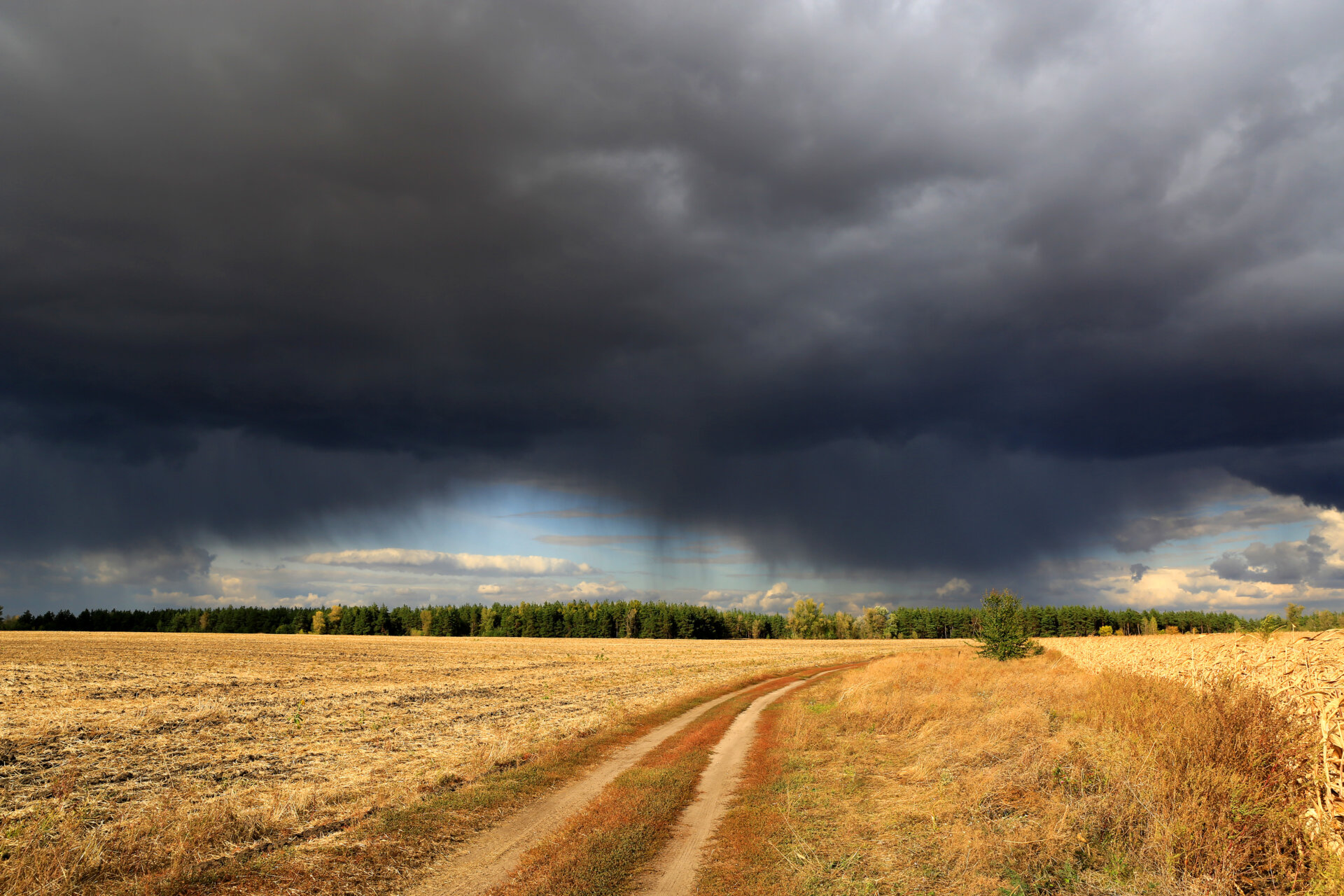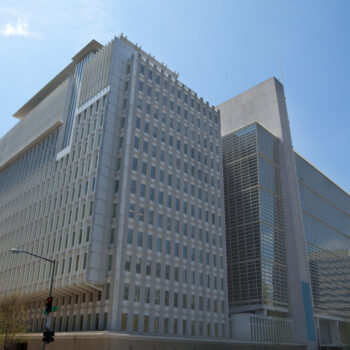This E3G London Climate Action Week event gave insights into what the Russian invasion of Ukraine means for climate politics and the global energy transition, with a closer look at some of the now-emerging political priorities.
Watch the recording
Event summary
The panel on 30 June addressed the consequences of the war in Ukraine on geopolitics, climate and energy.
Speakers:
- Anthony Froggatt, Senior Research Fellow and Deputy Director, Environment and Society Programme, Chatham House
- Faten Aggad, Senior Advisor Climate Diplomacy & Geopolitics at African Climate Foundation
- Rebecca Nadin, Director of Global Risks and Resilience, Overseas Development Institute
- Chair: Carne Ross, Associate Director of Climate Diplomacy and Geopolitics at E3G
The panel attempted to answer the question, has the war been good or bad for the planet? Many of the negative consequences were already familiar, from the sharp jump in fuel and food prices to the disruption of supply chains and upward push on inflation. Beyond that, panellists lamented the ‘dash for gas’ as western countries attempted to substitute other sources of fossil fuels in place of those recently imported from Russia. There was a real danger of gas ‘lock in’ as countries made investments in, for instance, LNG capacity such as storage terminals which would be around for many years to come. Instead, the panellists argued, countries should be investing in renewables. These are both cheap and quick to start up, particularly in the case of onshore wind. It was a particular shame that countries were not investing in the ‘easy win’ of energy conservation, insulation etc. which is a cheap and rapid way to save energy.
In Africa and the developing world, the West is sending conflicting messages. On the one hand, it is encouraging countries to decarbonise their energy systems as fast as possible. On the other, it is now seeking out new sources of fossil fuels. The question of financing the necessary transition to renewables is still unresolved, and it is not clear whether the global north will put sufficient money on the table, including enough public finance to mobilise the necessary private financial flows.
Another danger is the breaking up of the world into competing ‘blocs’ with China largely siding with Russia and many non-western countries not committed to either side of the conflict. In the longer term, this might undermine the fundamental cooperation needed to address the climate crisis, for instance in the UNFCCC process. For the moment, there is no sign that China is disengaging from dialogue over climate, but the overall relationship between the West and China was already becoming frostier, even prior to the Ukraine conflict. And, outside of the Russian invasion of Ukraine, there have been signs of growing friction between the global north and south, with the north failing to come up with sufficient resources to finance adaptation and Loss & Damage. Overall, the auguries for the climate process have so far not been promising.


